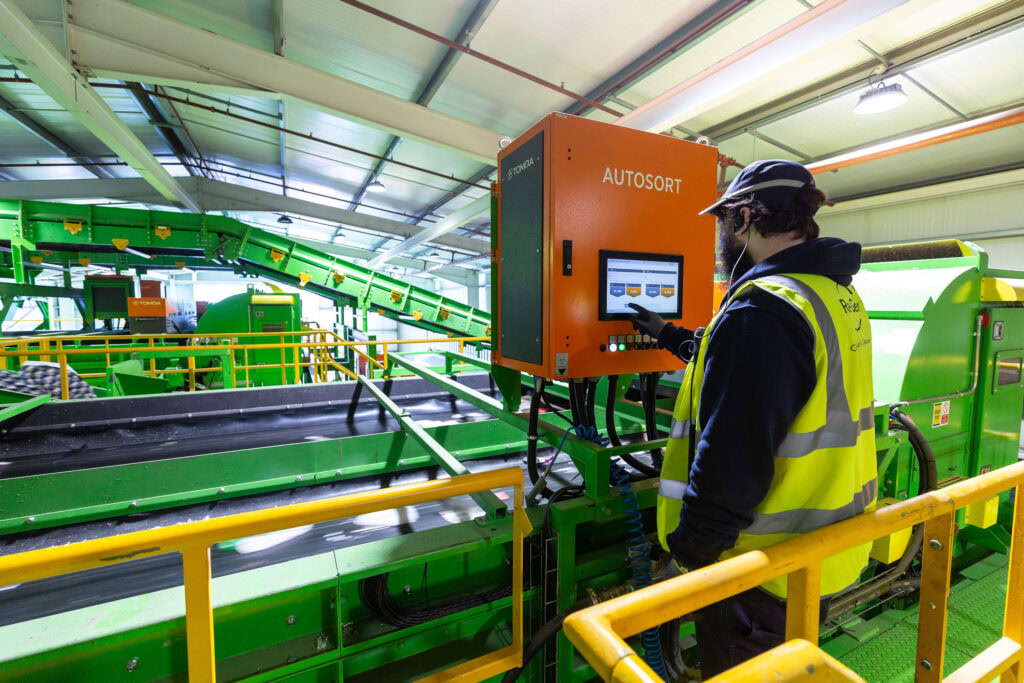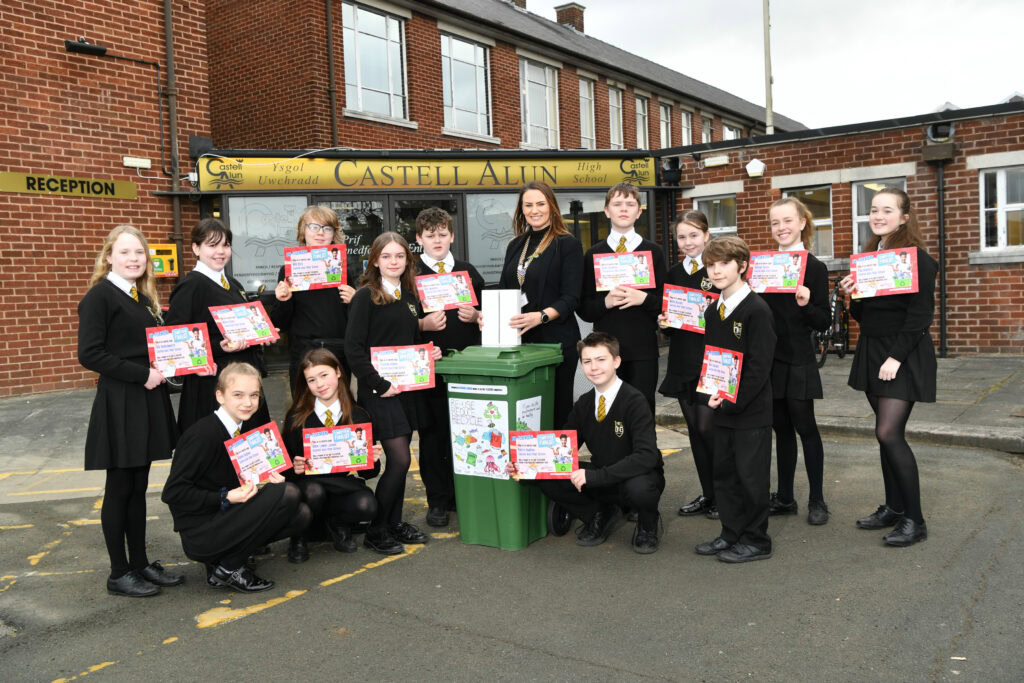Two years ago the Swedish-owned paper recycling specialist SCA Recycling opened a 15 million materials recycling facility (MRF) in Southampton, marking its first move into handling multi-material streams.
The 124,000 sq ft facility, at Hounsdown Business Park in Totton, is designed to handle a capacity of 200,000 tonnes of waste per year and it is currently operating at 80-90%. SCA hopes the facility will reach full capacity at the beginning of 2012. From then on, any material which cannot be processed at the plant due to it being at full capacity, will be sent to a MRF in Leicester which is jointly owned by SCA and G.A.E Smith Holdings.

The Southamptonfacilitywas built to help ensure SCA had a sufficient amount of paper for recycling atits mills, partly because ofthe reduced availability of pre-consumer unsold newspaperst. SCA has contracts with several major newspaper publishers in the UK to collect unsold copies. About 60,000 tonnes of pre-consumer newsprint is taken to the Totton MRF where it is baled and transported to one of SCAs mills.
As SCA does not operate any collection services itself, all of the recyclables come from contracts with local authorities or waste management companies such as Enterprise. Local authority material is currently sourced from collections in Plymouth, Cardiff, Monmouth, Essex and the West Midlands. However due to the long-term contract between Veolia ESand Hampshire councils through Project Integra,none of the material entering the plant comes from the county. Veolia operates two MRFs in Hampshire as part of this contract.
Commenting on Veolias contract, Simon Barnes, business development director for SCA Recycling, says: It is our ambition to work with Hampshire councils going forward andto bring some material in here, but we have to prove that its a viable option for them.
Materials
The plant recycles a variety of dry materials including: paper; cardboard; three grades of plastic, including PETand HDPE; steel and aluminium cans; Tetrapaks; and glass. This material arrives at the Totton MRF in a commingled state. Commercial and industrial as well as municipal recyclables are handled with municipal waste accounting for approximately 70% of material handled.

Once the material has been sorted it is then baled for transport. Paper makes up about 70% of the materialwhich is treated at the plant meaning SCA collects approximately five times the amount of paper it actually requires. About 30-40% of the recycled paper goes to SCAs mills, a further 30-40% goes to China and Indonesia and the final 25-30% to mainland Europe.
Since the opening of the facility SCA has invested a further 260,000 on technology to aid the sorting of the materials, in particular a rotary air separator, a vacuum-like system, which extracts plastics such as film and carrier bags. The technology for the facility was developed by Oregon-based firm Bulk Handling Systems (BHS).
Glass
Glass is often difficult for MRFs to handle and can contaminate other materials meaning few MRFs in the UK actually accept it. Commenting on the handling of glass at the facility Mr Barnes admits: We would rather there wasnt glass in it.
Mr Barnes claims the weight of the glass, which contributes about 20% of the total amount processed, and its low values mean it does not offer a viable business opportunity. SCA currently pays 10 per tonne to have the glass taken away to be further processed elsewhere.
A decision needs to be made regarding the treatment of glass at the facility.
Simon Barnes, SCA
He states that the companyis assessing investing in more equipment to better separate the glass.
SCA has recently gained a permit allowing it to export material that can be processed into refuse derived fuel (RDF). Approximately 5% of the material brought into the plant is non-recyclable and will be exported to an energy-from-waste (EfW) plant Sundsvall, Sweden.
To mark the two year anniversary of the plant, SCA has opened a new education room to help raise awareness of recycling and recovery issues. The room will enable visitors to learn about how materials are treated at the facility and the process of manufacturing products out of recycled goods.









Subscribe for free